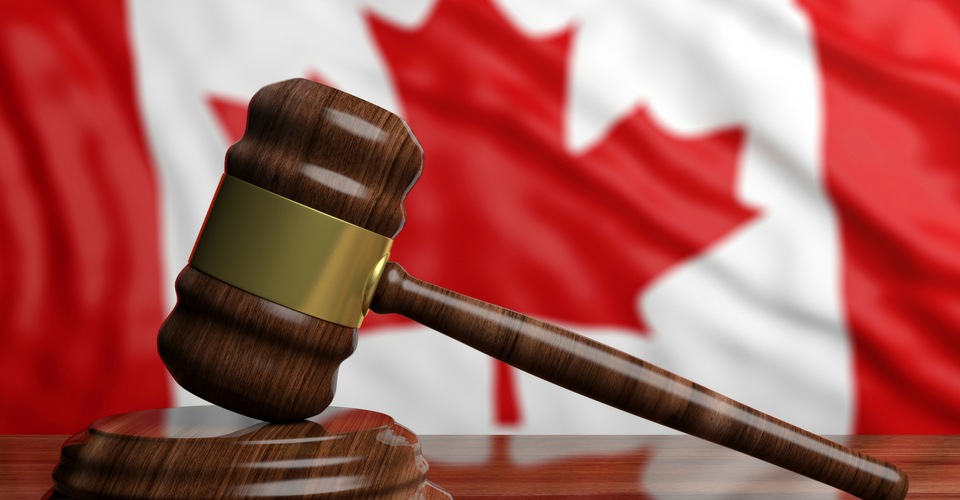As part of persistent efforts to stop the spread of COVID-19 in Canada, the federal government is extending restrictions on travel.
Canada is extending, until February 21, 2021, the limits on non-US international travel.
The month-long extension of travel restrictions was confirmed today by Federal Public Safety Minister Bill Blair.
Blair wrote in a tweet: “Our government will never hesitate to take the strong measures necessary to keep Canadians safe from COVID-19 while maintaining essential trade with our international partners.”
Last week, Blair also confirmed that the limitations on U.S. travelers would be effective until at least February 21. Since March, the Canada-U.S. border has been closed for non-essential travel, and this joint decision by Washington and Ottawa has been repeatedly extended.
Since March, the federal government has had effective international travel control policies to regulate travel to Canada, to safeguard Canadians from COVID-19. Many non-essential or discretionary entry to the country is forbidden by the regulations.
Canadian citizens and residents may, however, return to Canada and, amongst a variety of other exemptions, accept immediate and extended family members.
As of January 7, 2021, Canada needs all foreign air travelers aged five years or older to submit evidence of a negative COVID-19 Polymerase Chain Reaction (PCR) test conducted within 72 hours of the scheduled departure of the passenger for Canada. Before an individual can board a flight headed for Canada, this negative PCR test is mandatory.
On December 31, Transport Canada declared the pre-departure testing criteria. The criteria for the pre-departure examination does not preclude passengers from having to complete a quarantine time of 14 days. Before landing in Canada, a quarantine schedule must be prepared to determine when and how it will be carried out.
Travelers to Canada must also give their details to Canadian border service officers using the ArriveCAN app and learn how to comply with the border coronavirus controls. The request is to be used by all incoming travelers to carry out regular self-assessments and exchange information about touch tracing so that it can be exchanged with the provinces and territories to ensure the completion of the quarantine process. Quarantine is enforced in Canada, and fines and incarceration can extend to any who violate it.
The Canada Border Services Agency and government authorities have indicated in recent weeks, limits and regulations could be tightened on travelers. During a briefing on the coronavirus, Quebec Premier François Legault also called on the federal government on Tuesday to suspend non-essential international flights.
Further inspection steps or improvements to border protection protocols may be used in additional control regulations. The number of COVID-19 cases continues to rise in many areas of Canada, with several more than 723,920 reported cases on January 20.
Alberta, British Columbia, and Quebec are already showing signs of promise for progress in efforts to deter the transmission of the epidemic, though authorities in these areas believe it is much too early to consider removing existing prohibitions.


















Add comment